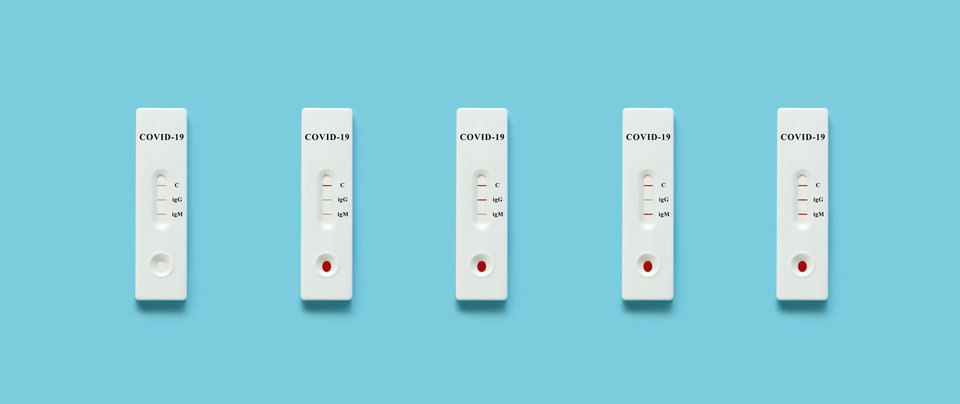
Republican party platform includes FDA reform: What does this mean for the medical device market?
The 2020 US presidential election has garnered heavy political pressure on the fast-tracked approval of a Covid-19 vaccine, where several attempts have been made to block the FDA from releasing stricter guidelines that will push the approval past Election Day.
While a speedier approval process can be beneficial to the development of innovative devices, this must be balanced against the risk of oversight and the safety of the public against new, and potentially harmful, medical devices entering the market.
The election’s results will have a major impact on the medical devices market. By choosing not to adopt a new platform for the 2020 election, the executive committee of the Republican National Committee has elected to stay with the 2016 platform, which proposes an FDA reform.
This reform is likely aimed at Class III and IV devices in particular, generally where the most innovative devices are reserved, including implants, life support systems, and smart medical devices. Class III devices “present a potential unreasonable risk of illness or injury”, requiring a more lengthy and rigorous approval process, hence making up only 10% of all medical devices.
The pressure that the Trump Administration is adding to fast track the approval process for Covid-19 vaccines will likely lead into the review and reform of the FDA approval process, should the Republican party be elected, which may increase the risk of oversight and margin for error.
A study published in 2016 comparing the rates of safety alerts and recalls of high-profile devices approved in the US and EU found that the majority of devices were approved in the EU first, but were associated with an increased risk of post-marketing safety alerts and recalls. In 2019, Class III devices made up a large portion of all recalls.
A longer and thorough process is preferable to ensure that treatments, particularly Class III devices, including implantable pacemakers, stents, and life support systems, are safe and effective for the public.
On the other hand, an FDA reform—in attempting to address the delay and cancellation of the development and approval of new, innovative devices, drugs, and biologics—would also allow innovative treatment devices and drugs to enter the market at a much faster rate.
Although these devices present with a higher risk of danger, they also present as a last resort for patients with severe forms of a disease and have shown favourable outcomes.
GlobalData estimates there are almost 2,200 Class III and IV devices in the pipeline in the US. An FDA reform would offer patients with severe diseases a chance for treatment; it would lead to better access to innovative treatment for patients, and it will also drive competition and advancements in new medical devices.
For more insight and data, visit GlobalData's Medical Intelligence Centre
Market Insight from